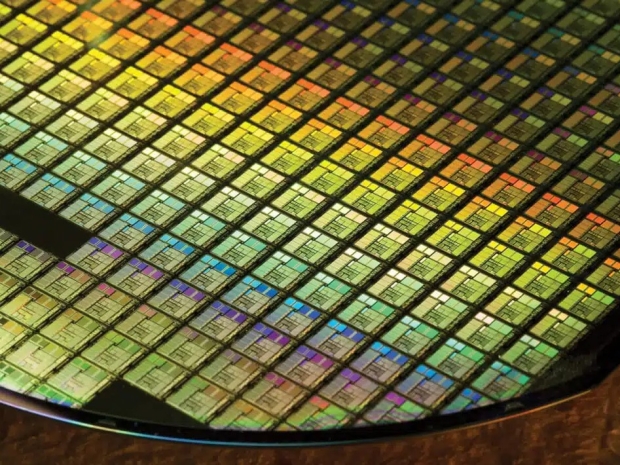The Taiwan High Prosecutors Office said investigators raided homes, questioned suspects and witnesses, and took three people into custody over “serious suspicions of violating national security laws.” The probe will look into their motives and whether the information was passed to outside parties.
TSMC, which makes more than 90 per cent of the world’s most advanced chips for clients including Apple and Nvidia, alerted authorities after detecting “unauthorised activities” during routine monitoring.
The company said it had sacked those involved, imposed strict disciplinary measures, and launched legal proceedings. “Such violations are dealt with strictly and pursued to the fullest extent of the law,” it said.
Nikkei Asia reported that the dismissed employees allegedly obtained secrets relating to TSMC’s cutting-edge 2nm process, set for mass production this year.
One former worker is employed at Japanese chip equipment maker Tokyo Electron, whose Taiwan office was searched.
Tokyo Electron confirmed it had fired an employee connected to the case and was cooperating with investigators, adding: “As of now, based upon the findings of our internal investigation we have not confirmed any evidence of the respective confidential information shared to any third parties.”
The case is the first under Taiwan’s beefed-up national security law, introduced in 2022 to shield strategic technologies from foreign use. The legislation was brought in after repeated attempts by Chinese firms to lure Taiwanese engineers and acquire manufacturing knowhow.
Losing control of such technology could erode Taiwan’s “silicon shield” which is the strategic advantage derived from global reliance on its semiconductor output, seen by many as a deterrent to Chinese aggression and a diplomatic bargaining chip.




